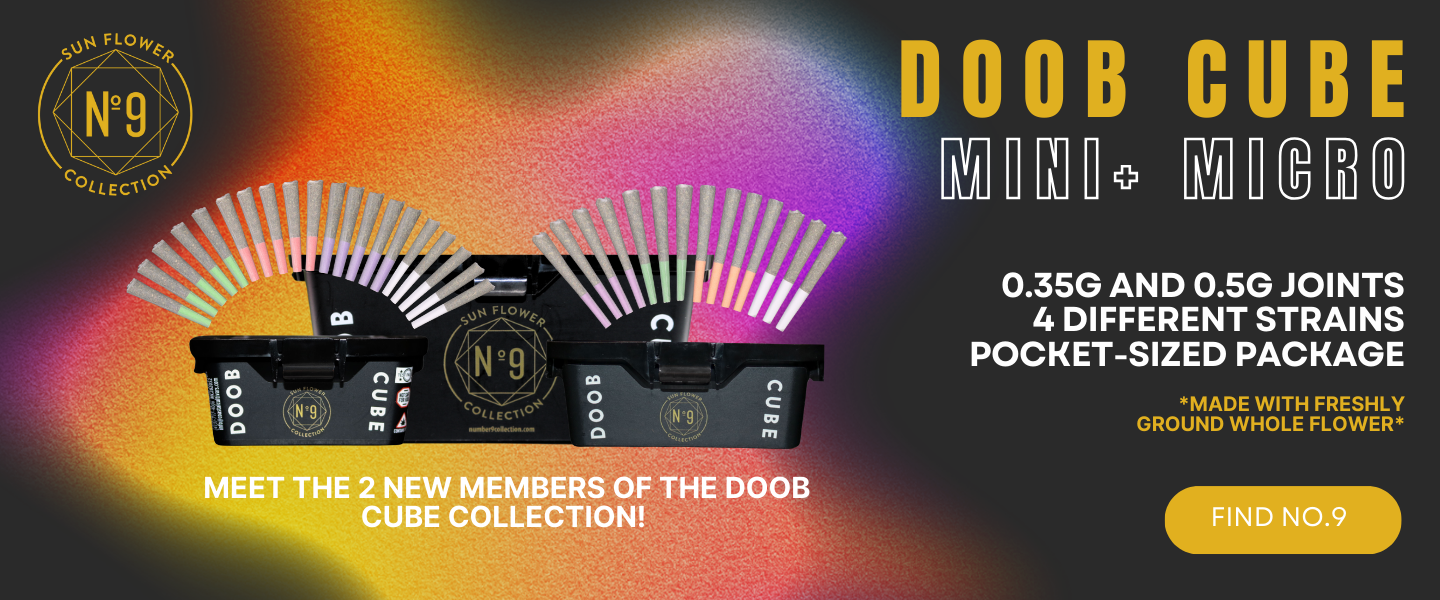
With storefronts struggling and even closing, businesses should focus on specific categories
I wouldn’t have offered unsolicited advice to aspiring dispensary owners five or so years ago. Having spoken with a lot of money holders and bank rollers who invested early, I always felt I lacked the proficiency and entrepreneurial spirit to advise those who were sniffing around cannabis following legalization. They had truckloads of dough; clearly, they knew more than I did.
Needless to say, I miscalculated. As it turns out, acumen in other areas of business doesn’t always apply to rec weed. We’re less than a decade into legal and already companies are shuttering; and while there are many unique hurdles in this industry and reasons for the turmoil, it’s nevertheless true that far too many people running pot establishments, in Massachusetts as well as in other states, are following unproven formulas, copying cliches, and, like analyst David Rabinovitz has pointed out on several occasions, ignoring data.
While I know my way around a spreadsheet if it pertains to media and online analytics, retail numbers at a massive scale are leagues above my pay grade. Still, considering how many businesses are struggling, I am finally comfortable sharing advice. Here it is, in short: Do something different. Set your shop apart from the rest by opening a specialty dispensary.
It’s almost too damn obvious. If everybody else is doing one thing, then you should do another. Left, right. It’s why the Colonel went with chicken instead of another burger joint, and why Hot Topic styles differ from those in the Gap. That’s a flawed analogy for sure, still I maintain that there are basically five broad categories of dispensaries: medical facilities and rec shops with that clinical appeal; Apple store facsimiles; places that embrace legacy stoner trappings and resemble head shops; smaller cozy neighborhood establishments; and no-frills legal trap spots that provide the basics and few accouterments.
Not that there’s anything wrong with those formats. They exist for a reason. But if dispensaries are failing, perhaps it’s time for at least some cannabis shops to shift.
This all hit me on a recent trip to the North Shore, namely to Rowley, where there are three dispensaries—Fine Fettle, Joint Operations, and Cape Ann Cannabis—within a mile of each other on Newburyport Turnpike. Perhaps somewhat intentionally and maybe instinctively as well, in order to survive among contenders on a crowded strip, each seems to have adopted a distinguishing identity. Cape Ann Cannabis courts people seeking medical and healing alternatives, and even boasts a nurse on staff who consults customers seeking advice. With a much different vibe, Joint Operations has a few noteworthy features, including an enormous mural of celebrity stoners; more importantly, while there are countless other stores with just as many prerolls on the menu, for the purpose of this exercise I’ll just say that Joint Operations lives up to its name. While finally, the friendly fellow at Fine Fettle forewent the flower and found me a phenomenal eponymous live resin badder to spread and splatter with my dabber.
I know they have any product that you are looking for, but on my drive back home I thought about how much I liked the thought of having a known destination like Fine Fettle where I could always expect top-notch concentrates. Hell, I would roll an hour to visit a whole dispensary that’s dedicated to exotic melts with knowledgeable budtenders. Even more amazing would be if there was another shop next door to that one which stocked every infused beverage available, and maybe also a hut down the road that sells nothing but cannabis ice cream. The possibilities are limitless.
To be clear, I’m saying that dispensaries may want to establish an actual distinction, meaning a legitimate, tangible niche. It’s deeper than slogans and marketing; if you think I’m recommending leaning into a meaningless label like “organic” or “craft” that every brand in existence claims as convincingly as a guy slinging nickels of “’dro” at a stadium rap show in 2002, then you’re missing my point.
Maybe that is for the better. I guess I’m not in the consulting business because I wouldn’t want to be held accountable for somebody who opens … I don’t know … the planet’s first infused suppository superstore. It’s a growing segment of the market and one that serves a critical medical function for those who use them, but with less than $15,000 in sales over the past year it’s still not large enough a segment to pay the bills in this industry unless you combine suppositories with comparable personal products, or maybe only stock items that you won’t find on the shelf of a shop that feels like a T-Mobile store.
I learned to shirk responsibility in cases like this from none other than Seinfeld, whose suggestion in one episode for neighborhood restaurant owner Babu to ditch his soup-to-nuts diner menu in exchange for only Pakistani options went famously sour. I guess if you are in the process of opening the umpteenth cannabis dispensary in an already-saturated market, the question is, how sour will you let things get before taking a chance?
Finally, I’m sure others are thinking along similar lines, especially with news of innovative approaches like the cannabis mall coming to Holyoke. I spoke with Damaris Aponte of Blossom Flower who is involved with that project, and she will certainly be focused on specific groups, among them women and those shopping for romantic products. Another tenant, Infused Element, plans to build its biz “around baked goods and beverages infused with rosin as opposed to distillate.”
I look forward to covering those and other interesting developments, so if you have a cool project in the works, please let me know about it. I may not want to share the blame if things go south, but I’m always happy to help amplify, cheer on, and patronize originality.


























